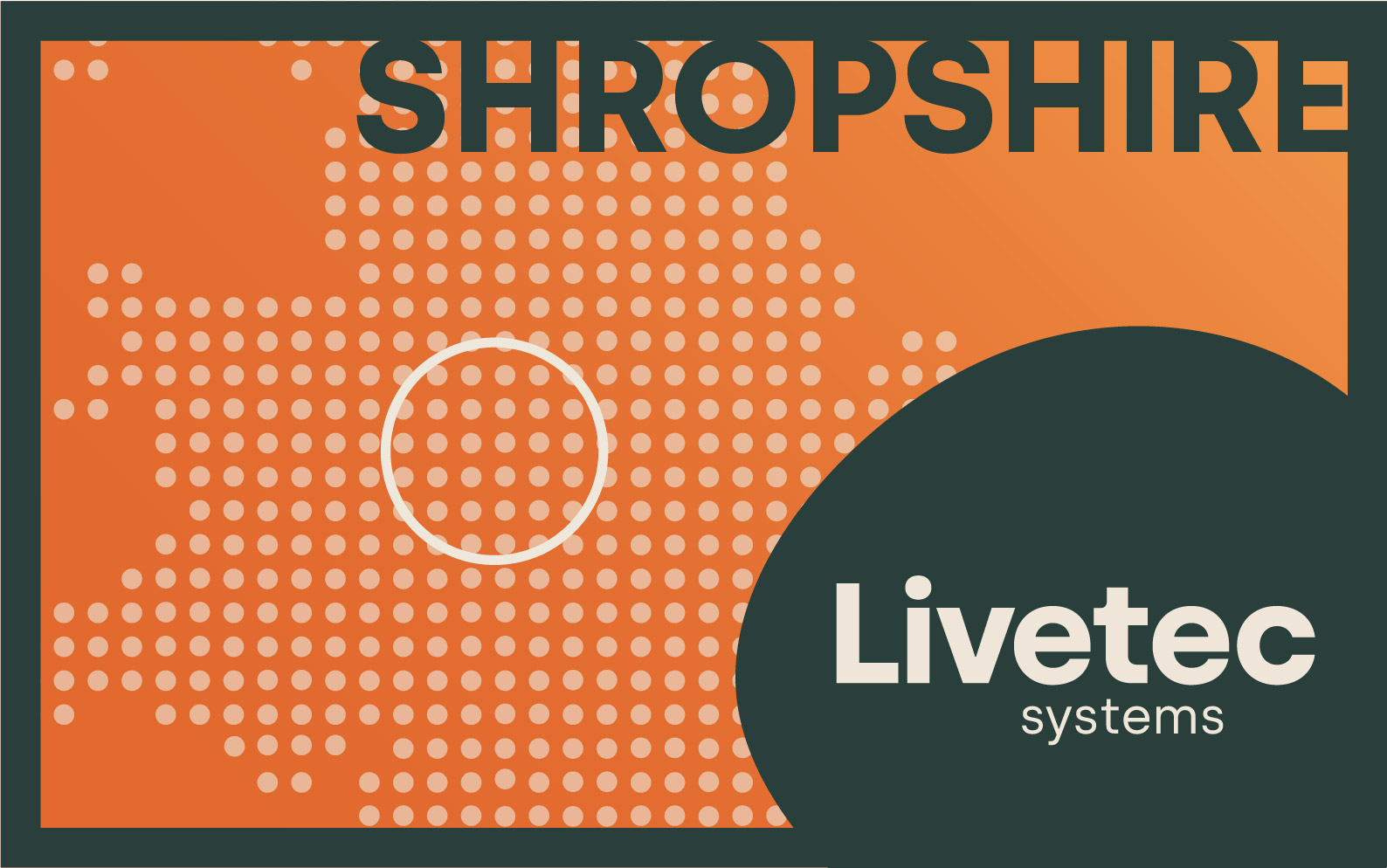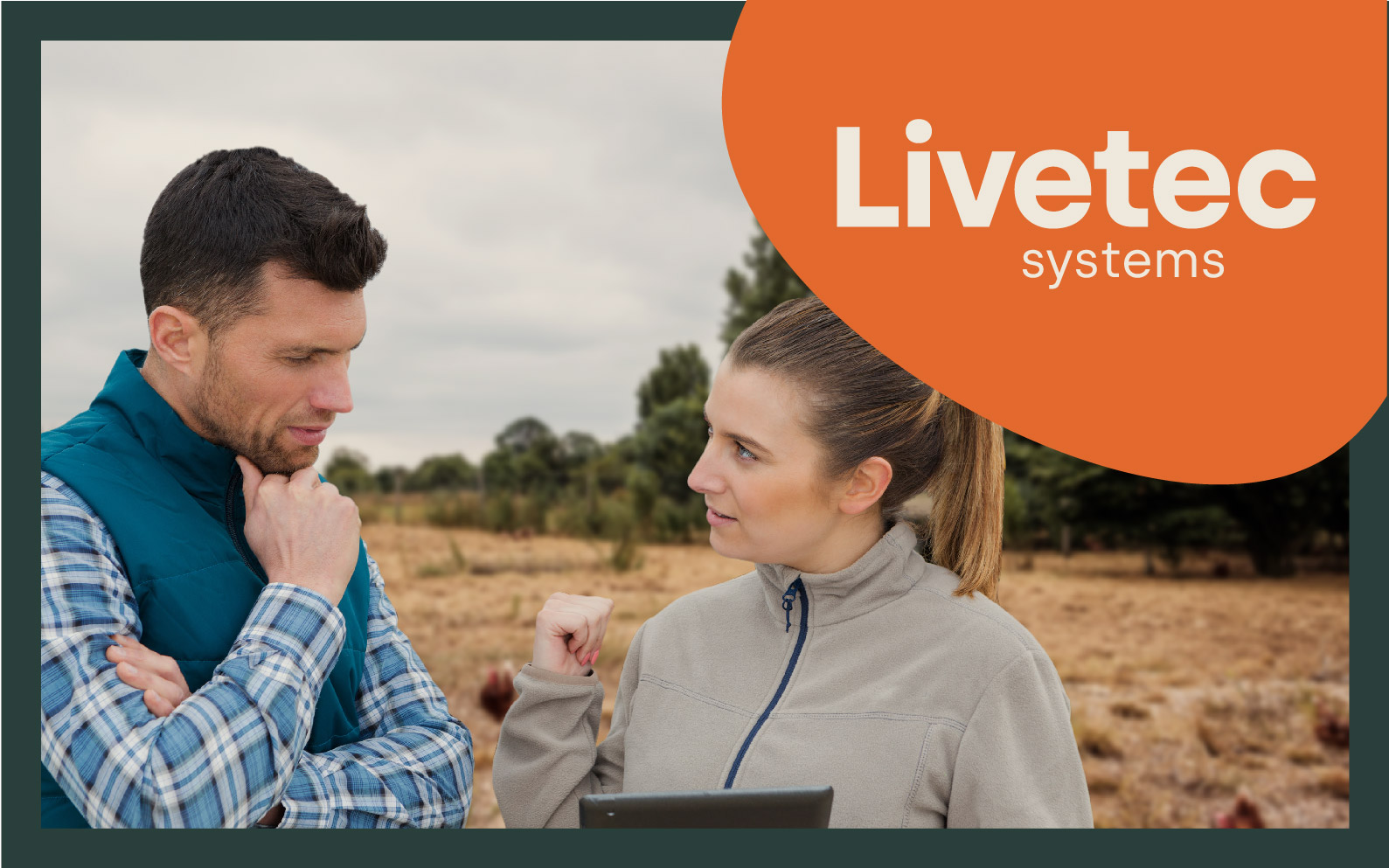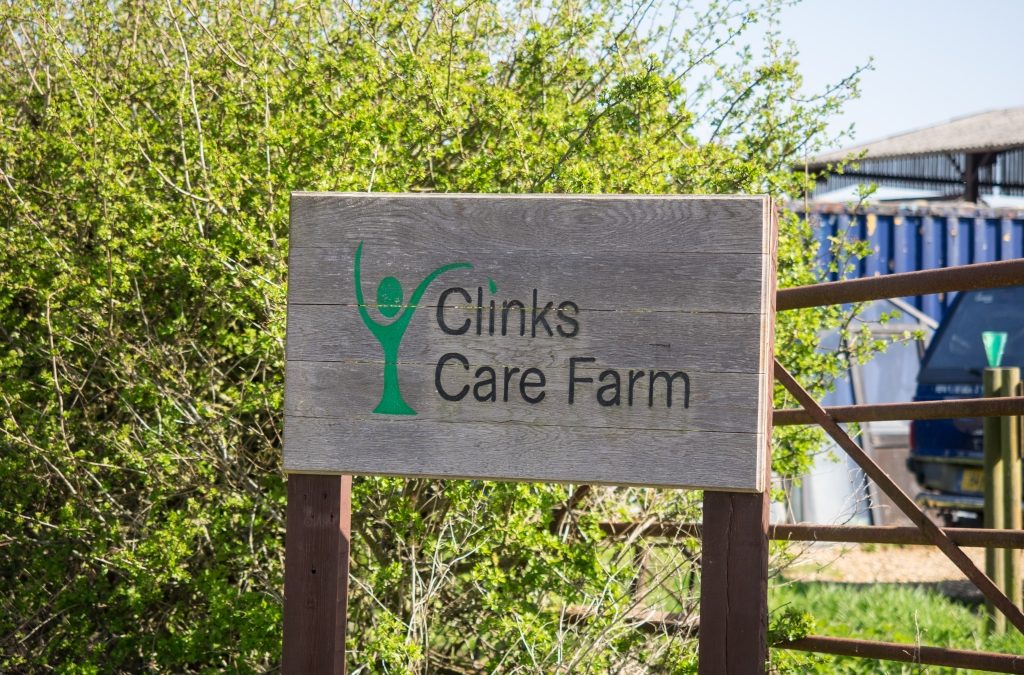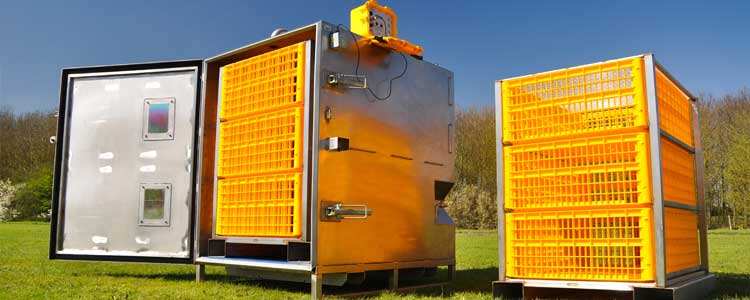Livetec is delighted to announce that we have added two electric vehicles to our fleet. The new additions come as part of our ongoing commitment to lowering Livetec’s carbon footprint and building ever more sustainable practises into our business operations.
The first two electric vehicles we have invested in are the Volkswagen ID.4, which is Volkswagen’s first all-electric SUV and the Volkswagen ID.3 Family, a fully electric hatchback.
Opting to bring our first EVs to what is an ever-expanding pool of company vehicles enables the Livetec team to travel sustainably to meetings, events, conferences, and client visits around the country.
Both cars are packed with technology, practical, reliable and with good distance on a single charge. They’ll ensure that the Livetec team is able to travel greenly, safely and in comfort as we continue to build the future of biosecurity, as well as sustainability whilst we work closely with farmers around the UK.
Investing in greener alternatives wherever possible as Livetec develops, is an extension of the high environmental and ethical standards we already bring to our research, development, consultancy, and on-farm services.
“The nature of our business means that we’re often on the road and cover thousands of miles per year,” explains Julian Sparrey, Livetec’s Technical Director. “We’re already building the future of sustainability in our on-farm and consultancy services by helping farmers to implement the most environmentally friendly practises, so it’s a natural transition for us to build that further into our own business with EVs that can help to fight climate change.
“Lowering our carbon footprint is a priority for us as an organisation, so choosing to invest in new electric vehicles rather than diesel or petrol makes a lot of sense from a practical and financial perspective. We’re also very aware that EVs are more reliable and tend to have fewer breakdowns. Therefore, this decision means that the Livetec team can be on the road for longer, whether that’s to participate in research, to collaborate with the agricultural industry or offer support to our nation’s farmers.”








